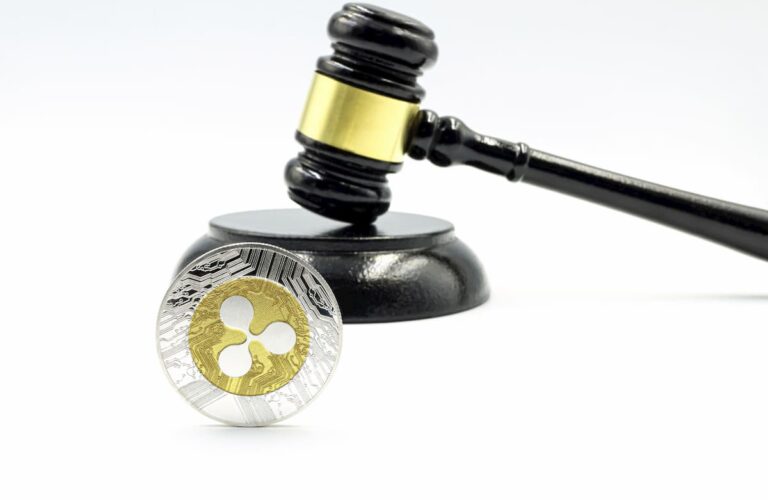Navigating the complex world of cryptocurrency often involves grappling with legal challenges that can have extensive implications for investors and market participants. One prominent issue that has stirred conversations is the legal standing of XRP, a digital asset that has been at the center of regulatory scrutiny. Recent court rulings have added a layer of clarity to its status, a development crucial for investors, institutions, and anyone with a stake in the rapidly evolving crypto landscape. This exploration delves into the legal intricacies surrounding XRP, shedding light on recent judgments and what they entail for the future of this digital currency.
XRP’s Legal Clarity Amidst Regulatory Challenges
As the cryptocurrency market expands, understanding the legal status of digital assets becomes imperative for ensuring compliance and mitigating risks. Bill Morgan, a renowned legal expert and XRP advocate, has highlighted significant misconceptions regarding XRP’s legal clarity. Contrary to popular belief, a pivotal ruling by Judge Analisa Torres in July 2023 declared that XRP itself is not classified as a security, debunking claims of its ambiguous legal status.
The Ripple Effect of a Landmark Ruling
Morgan’s response to widespread misinformation underscores a critical legal development: the distinction made between Ripple’s institutional sales and programmatic sales on exchanges. While the former were deemed securities transactions, the latter were not, a differentiation that affords XRP a level of judicial clarity that is unique in the crypto space.
In October 2024, the Securities and Exchange Commission (SEC) appealed partial aspects of the decision but notably did not contest the core finding regarding XRP’s security status. This particular ruling not only enhances XRP’s standing but also sets a precedent that contrasts sharply with other cryptocurrencies, most notably Bitcoin, which lacks a similar level of judicial review and clarity.
Why XRP’s Legal Clarity Matters
From a regulatory perspective, obiter dicta—the judge’s comments accompanying her ruling—possess significant persuasive value. Morgan emphasized that these judicial insights contribute to a clearer understanding of XRP’s regulatory positioning, offering a more transparent legal framework compared to other assets lacking such detailed scrutiny. This clarity is crucial for institutions weighing investments in digital currencies and navigating the regulatory terrain.
Ongoing Legal Proceedings and Their Implications
The legal journey for Ripple and XRP continues, as ongoing court proceedings seek to resolve outstanding issues. Despite Ripple’s partial legal victory, both Ripple and the SEC are engaged in further negotiations, focusing on settlement approvals and financial penalties. A proposed deal requiring Ripple to pay $75 million out of a $125 million fine reflects the high stakes involved. However, procedural flaws in the joint filing have led to a court rejection of the current settlement, underscoring the procedural complexities inherent in such high-profile cases.
How Does This Impact XRP’s Adoption by Institutions?
With the judicial clarification of XRP’s status, institutions gain greater confidence in incorporating XRP into financial products and services, paving the way for broader adoption and integration into traditional finance systems.
Is There a Risk of Overturning the XRP Ruling?
The legal clarity surrounding XRP currently stands firm, with no indication from the SEC or other regulatory bodies to challenge or overturn the specific ruling that XRP is not a security. However, future regulatory developments and litigation could impact this status.
Can Ripple Appeal the Settlement Decision?
Ripple has the option to re-negotiate terms or present a revised settlement agreement, factoring in the court’s feedback on procedural and substantive aspects, to reach an acceptable resolution.
What Does This Mean for Other Cryptocurrencies?
XRP’s case sets a precedent that may impact regulatory approaches to other cryptocurrencies. As the legal landscape evolves, digital currencies might seek similar judicial clarifications to solidify their standing in the market.
In conclusion, the legal landscape for XRP highlights the evolving complexities and crucial rulings shaping cryptocurrency regulation. As digital currencies become further integrated into global finance, clarity and judicial insights will play integral roles in guiding market dynamics and investor confidence.

